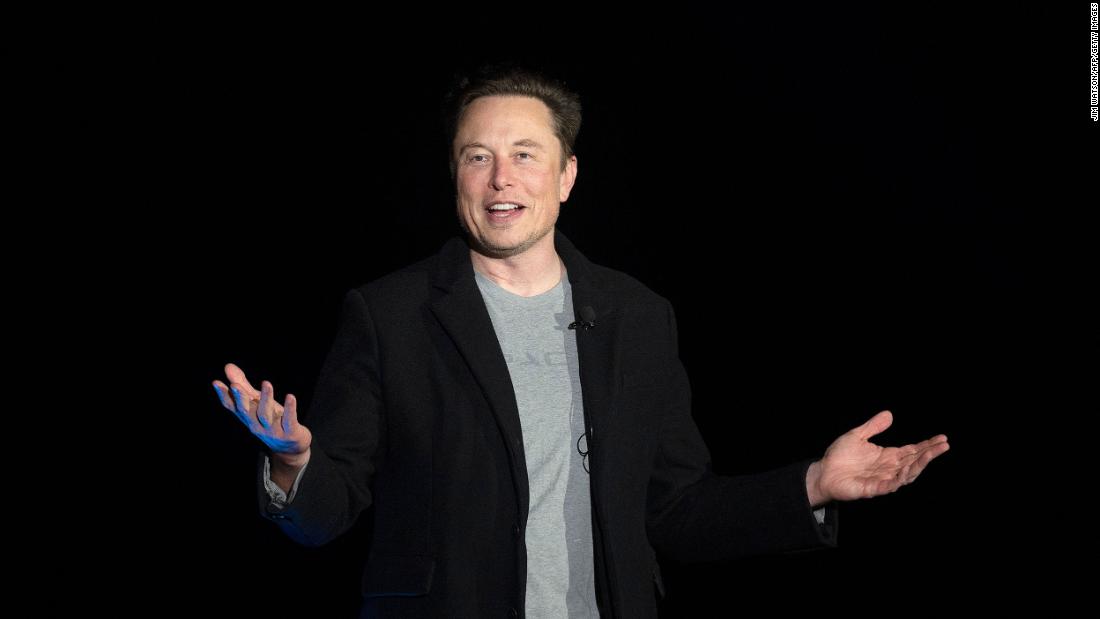
Twitter may seem rather ordinary on paper. The company’s user base and market value are less than a tenth the size of Meta, Facebook’s parent company. Its total revenue last year was roughly the same as Western Union. And prior to this month, Twitter’s stock was below the closing price from its first day of trading more than eight years ago.
So why, exactly, do the stakes feel so big? The answer boils down to the outsized influence of Twitter on public discourse, and the uncertainty of what happens when the world’s richest man — who revels in his unpredictability — gains singular control over that influence.
Musk’s deal to buy Twitter sits at the confluence of multiple ongoing societal debates, including about the power and influence of billionaires; the impact of mis- and disinformation; and the responsibilities tech platforms owe to their users and society, and what new regulations should back them up.
In becoming Twitter’s owner, Musk has suddenly collapsed many of these threads into one, right as lawmakers around the world seem poised to make some very big decisions about how social media ought to work.
“His purchase of Twitter to take it private makes an essential service even less transparent and more unaccountable,” said Adam Connor, a former Facebook employee and vice president for technology policy at the Center for American Progress. “Musk’s Twitter takeover is a flashing red light on why the centralization of our online spaces in the hands of a select few billionaires is so dangerous.”
Musk didn’t respond to requests for comment for this story.
Musk takes control of the digital town square
Musk’s main critique about Twitter today is that it is too restrictive. Under his ownership, Musk has suggested, Twitter would treat content more permissively, pivoting away from content removals and account bans. He has also proposed opening up Twitter’s algorithm to public review so that, in theory, users could understand how it makes decisions.
What this means for Twitter’s everyday content enforcement isn’t entirely clear; Musk has avoided going into specifics, and his objection to Twitter’s approach seems rooted more in how much content moderation Twitter needs, rather than whether it ought to have any at all. But his framing of the deal, and some of the reaction by outsiders, has nevertheless turned the proposal into a kind of referendum on the future of online speech.
“This potential deal is about much more than the future of Twitter,” said Angelo Carusone, president of Media Matters, a watchdog group that called on Twitter to keep its current platform rules. “A sale to Elon Musk without any conditions will pollute the entire information ecosystem by opening the floodgate of hate and lies.”
For a platform of Twitter’s importance, downshifting on content moderation could have massive consequences both for the way individual users experience the site — especially its most vulnerable users, including women, the LGBTQ community and people of color — and for the national and international dialogues that play out on the platform and ultimately influence world events.
Musk’s growing empire
There is also the deal’s potential impact on Musk’s own personal influence, particularly in connection with two of his other companies, Tesla and SpaceX.
Assuming the deal goes through, Musk will oversee the most valuable American car company, a leading private aerospace business, a tunneling company recently valued at more than $5 billion, a brain-chip startup and a social network with hundreds of millions of users.
Not only can Musk use his power over Twitter to ensure the platform gives him maximum leeway to tweet as he sees fit, but the acquisition gives him newfound political leverage as only a billionaire can acquire, which could benefit some of his other businesses.
Musk’s stance on content moderation has already endeared him with conservatives including Florida Gov. Ron DeSantis and more than a dozen House Republicans, who had pressured Twitter’s board to accept the deal by suggesting a rejection might be considered a betrayal of shareholder interests. Multiple Republican governors have also said Musk should consider moving Twitter’s headquarters to their states.
In addition to earning credibility with some politicians, some, including one of Musk’s most high-profile rivals, have suggested the Tesla CEO also stands to gain a valuable bargaining chip in Twitter.
Now imagine that transactional logic applied to any situation in which Musk’s interests collide with others, which tends to happen not infrequently. Musk has feuded with journalists, lawmakers, and even the Securities and Exchange Commission.
Of course, none of that constitutes a promise to his critics — and Musk has been known to abruptly change course before.